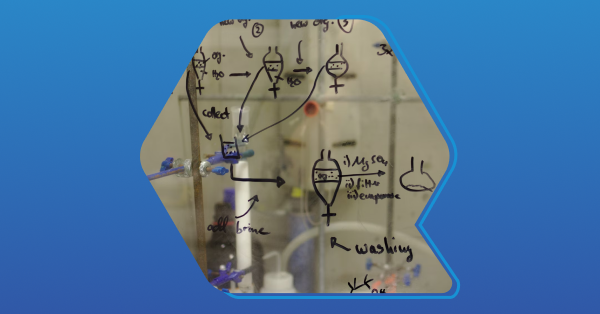Cannabis Reporting Requirements

When the assays are all complete, a cannabis testing facility has to generate a report indicating whether the product has passed or failed the various assays. Cannabis labs typically have a standardized format for reporting. They must include size of the sample, sample name, client, sample type, strain and moisture content (assuming it is cannabis intended for direct smoking) along with dates received, tested, and expiration date if applicable at the top of the report. They must also include where the sample was tested, the license number of the lab, and the name of the lab, as well as distributor and cultivator name, license number, and address. Methods used to analyze the sample (like GC-MS or LC-MS) as well as instruments must also be included in the report.
This then goes into the various tests, first generally being cannabis testing, where they analyzes the percent of product that has a CO2 removed from the product (known as decarboxylation) and the total mg/g of chemicals per product in the sample, also known as potency. Another test might be microbiological, where the cannabis is tested for bacteria (E.Coli and Salmonella, and if inhaled then A. fumigatus, A. flavus, A. niger, and A. terreus) and if any are found, the sample fails.
Pesticide residue and solvent residue must also be listed and include any category 1 or 2 of these two chemicals. As some of these have their own pass/fail states, this is likewise listed in this section. Foreign material inspection is done visually on the product and should there be more than ¼ of dust, organic material, dirt or otherwise foreign material or organic material such as insect parts, the test fails. Homogeneity of cannabis product means that for a sample tested, 10% of it must contain less than 20% of total THC in the sample of cannabis. (1)
The final phase that has yet to be implemented also requires testing with four final assays. Terpene testing, where the various terpenes are listed and the percentage of total terpenes is listed. As mentioned in the previous cannabis article, if it is above or below the listed amount, the test fails. There are heavy metals testing for cannabinoids that must be listed with pass/fail criteria as well, as well as mycotoxins. As mentioned in the previous article, mycotoxin testing requires anything above 20 µg/mg found within the sample be reported as failing the test. Finally, water activity is listed for the tested sample to help ensure whether the product would be shelf-stable for sellers, and cannot be above 0.65 aW.
Once all of this has been listed, the report can be considered complete by the California Bureau of Cannabis Control. Cannabis that has passed this rigorous testing can then be sent to the retailers who want to sell the cannabis products.
(1)- Agricor Labs, retrieved from http://agricorlabs.com/homogeneity/






